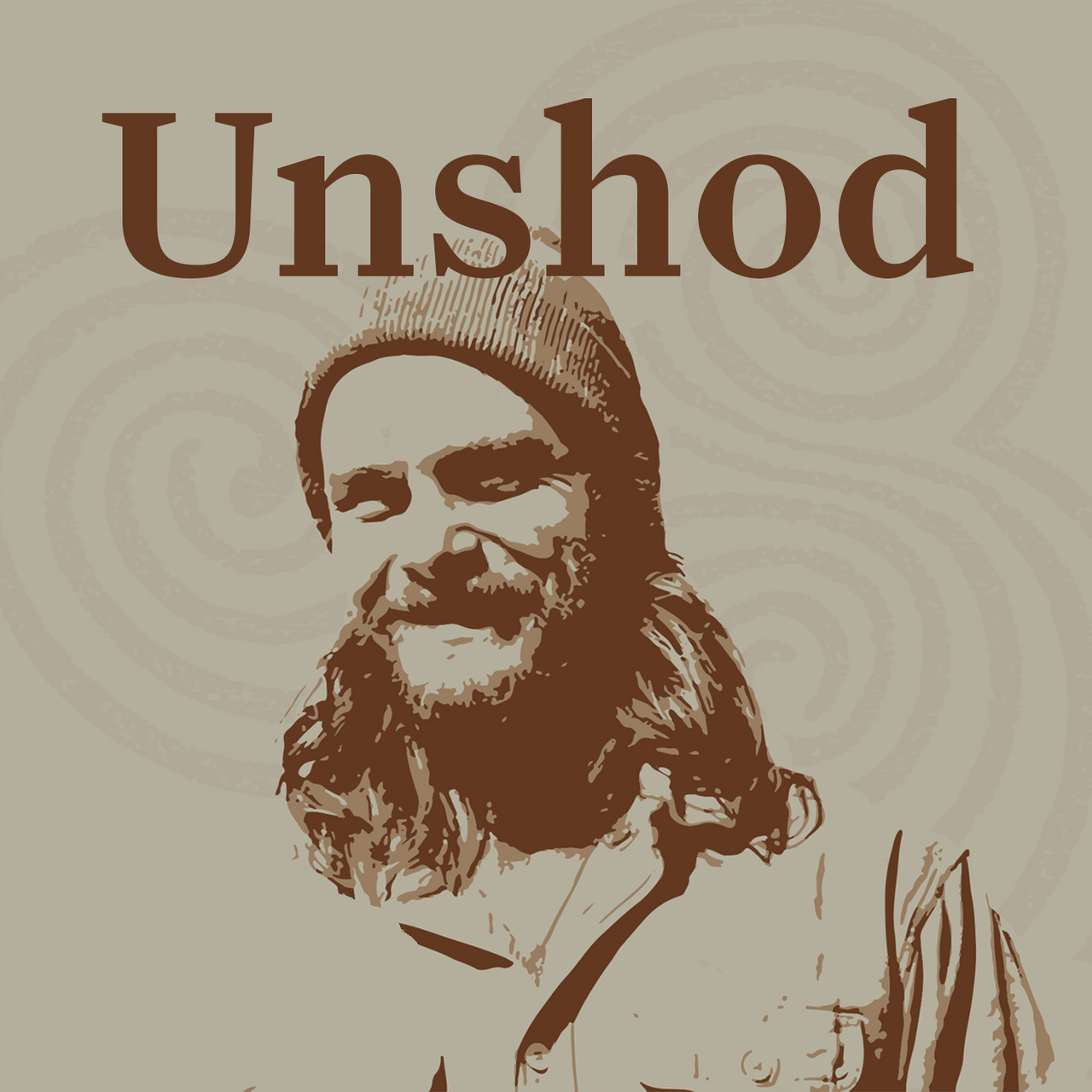On limits, control, beauty, commodification and poetry
A conversation with Daniel Firth Griffith
This is a short intermezzo from the series of articles I am writing about the blessing and the curse of the straight line. It does relate to the them though.
A few weeks ago I participated in the Unshod podcast of Daniel Firth Griffith, where we discussed a lot of themes such as the effects of commodification of food and the merits of poetry.
One of the themese was the notion of control. My view on this was expressed like this (edited):
Also with hunting and gathering, humans try to control things. They burn landscapes and stuff to facilitate hunting or to promote grazing animals. With agriculture we increase that degree of control, at least over that particular part of land that we farm. Now I talk specifically about crop farming. Farmers kind of believe, or want to believe, that they are in control. Even of anyone who has actually farmed also know that that is not entirely true either.
Anyway, we try to control things and of course that has progressed to our current society where we actually are excelling in control in all kinds of aspects. But control also means increasingly unstable conditions and fragility and complexity, which you know well. I'm sure you heard about these theories about the collapse of complex societies. You try to fix a problem and then you add on another controller and another layer and another layer and at some point the whole construction is not stable any longer and you don't even understand it.
I was raised in a kind of scientific environment. My father was a professor at the university and we all admired big scientists and I ran my chemistry lab in the garage and stuff like that and thought I would be a great scientist. But I lost faith in our ability to control; I think it was with nuclear power actually when I realized that those power plants were very sophisticated and still shit happens. Then I realized that this control is to a large extent an illusion. But lately, I'm also getting more and more intrigued by the fact that even if we could, it's not desirable, it's a boring attitude, it's a boring life. By trying to control we also undermine so many things that gives us joy and pleasure and wonders of the world, so to say. As soon as we try to control it, it's no longer fun, it's no longer interesting everything that we try to tame and standardize and control.
Daniel Firth Griffith added: “Why would we want to control our way into a more solidified, human-dominated world? Why is that what we're looking for?”
Gunnar: You (Daniel Firth Griffith) said in the introduction that we may end up talking about relationships. You can't control people and expect them to be on a on a mutual level of relationship, right. It's the same with us and the rest of the living that as long as we are 100 percent in control, or believe we are. Having said that, of course, to just give up all control as a human is, I think, also impossible.
You can listen to the whole conversation here (even though I am slightly embarrased by my frequent use of the word “stuff”). If you even want to see us, you find it here.




